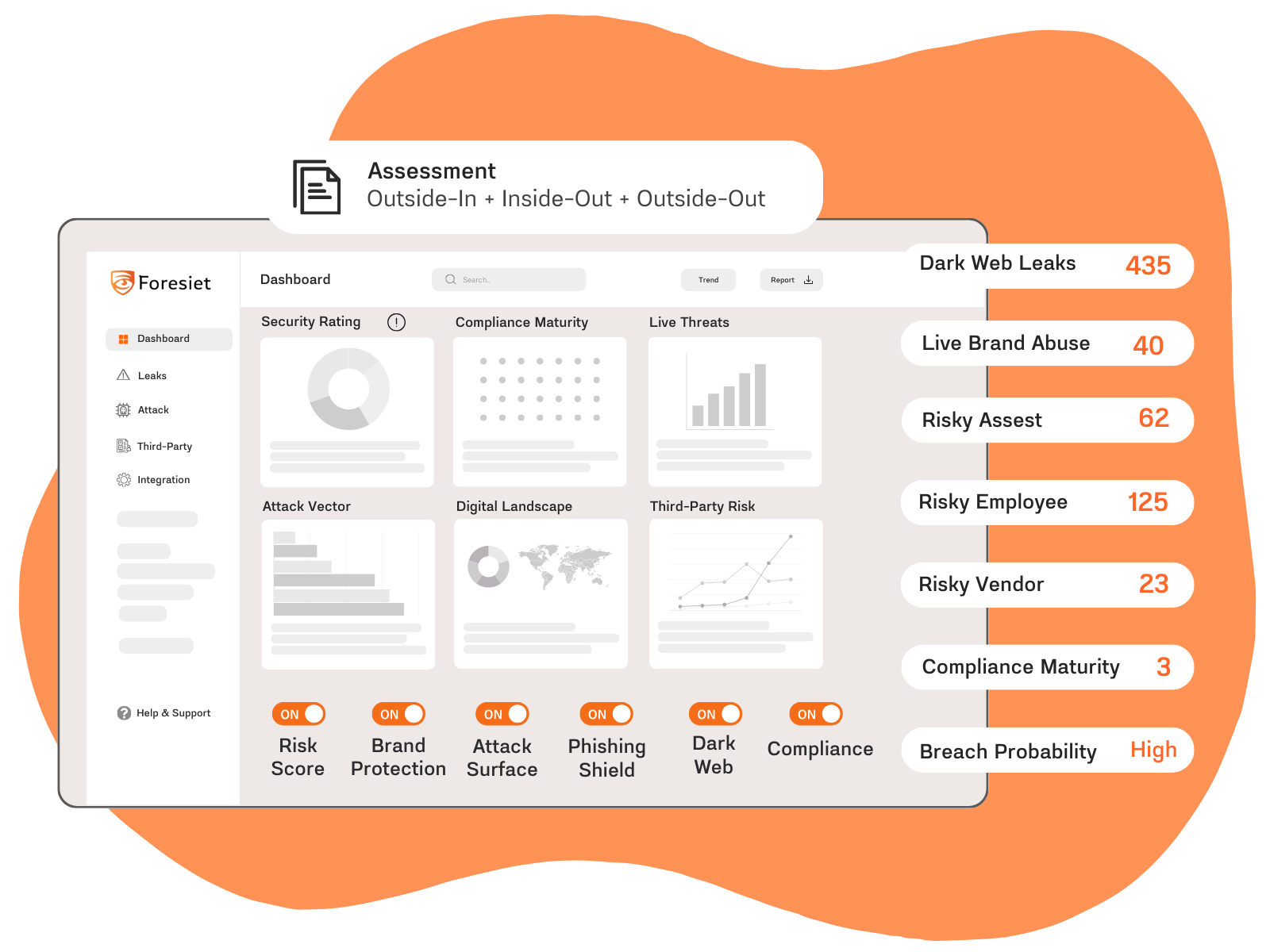Growing Iranian Spear Phishing Threats: UK and US Issue Joint Warning

Introduction
The UK’s National Cyber Security Centre (NCSC) and various U.S. government agencies have issued a joint alert regarding an increasing Iranian spear phishing threat. The advisory, released by the NCSC, FBI, U.S. Cyber Command, and the Department of the Treasury, warns about campaigns led by Iran’s Islamic Revolutionary Guard Corps (IRGC). This sophisticated cyber threat is particularly aimed at individuals involved in Iranian and Middle Eastern affairs, with a clear focus on U.S. political campaigns. In this blog, we explore the tactics used in the attacks, who is being targeted, and the security measures that organizations can take to protect themselves.
The Iranian Spear Phishing Campaign: Key Details
The IRGC is behind an ongoing spear phishing campaign, primarily targeting individuals with connections to Iranian and Middle Eastern political affairs. The victims of this operation include current and former senior government officials, think tank personnel, journalists, activists, and lobbyists. These targets are often involved in discussions that intersect with political campaigns and international relations.
The ultimate goal of these phishing attempts is to further Iran's information operations and gain access to sensitive information, leveraging credentials for political or strategic purposes.
Tactics Used in Spear Phishing Attacks
Iranian threat actors tailor their attacks by impersonating family members, colleagues, or well-known professionals such as journalists and diplomats. Their phishing attempts are highly customized, making them appear credible. Common phishing lures include:
- Requests for interviews
- Invitations to conferences or embassy events
- Requests for speaking engagements
Once contact is made, the attackers build rapport with their targets, often using both email and messaging channels. They direct victims to click on links that lead to fake login pages, prompting them to enter their credentials. Sometimes, victims may even be asked for two-factor authentication codes, which the attackers use to access accounts.
Recognizing and Avoiding Phishing Attempts
The joint advisory emphasized the importance of vigilance when dealing with unsolicited communications. Phishing emails often include shortened links or appear as alerts from legitimate services. To avoid falling victim to these attacks, individuals and organizations should be wary of any unsolicited communication that includes a request to click on links or access files.
Best Practices for Preventing Spear Phishing Attacks
Organizations are encouraged to implement comprehensive anti-phishing measures. Here are key recommendations:
- Phishing Awareness Training: Regular training for employees to identify phishing attempts is essential. Staff should be encouraged to report suspicious emails immediately.
- Use of Work Emails for Business Only: Encourage employees to separate personal and professional communications. Using work emails only for official purposes reduces the risk of phishing attempts.
- Multi-Factor Authentication: Always enable multi-factor authentication (MFA) to add an extra layer of security to account logins.
- Regular Software Updates: Keep systems up to date with the latest security patches to mitigate vulnerabilities.
- Advanced Protection Services: Consider using advanced email protection services that provide additional security features and employ hardware security keys for enhanced authentication.
- Email Server Monitoring: Regularly monitor email servers for any unauthorized changes to configurations or custom rules.
- Anti-Phishing Features: Enable security features that block phishing attempts and email spoofing.
- Email Forwarding Controls: Block automatic email forwarding to external addresses as a preventative measure against unauthorized data transfers.
- Configure DMARC and SSO Protocols: Ensure proper configuration of DMARC (Domain-based Message Authentication, Reporting, and Conformance) and adopt Single Sign-On (SSO) with FIDO authenticators to bolster protection.
- TLS Encryption: Implement Transport Layer Security (TLS) for secure email transmissions, ensuring communication between servers remains encrypted.
Conclusion
The growing sophistication of Iranian spear phishing campaigns underscores the critical need for organizations to adopt robust cybersecurity measures. These phishing attempts are specifically designed to exploit trust and familiarity, making them harder to detect. By implementing security best practices such as phishing awareness programs, multi-factor authentication, and advanced protection services, organizations can greatly reduce the risk of falling victim to these attacks.
In a world where cyber threats are becoming increasingly targeted, maintaining a strong security posture through proactive measures and employee education is essential to protecting sensitive information and mitigating risks.
About Foresiet!
Foresiet is the pioneering force in digital security solutions, offering the first integrated Digital Risk Protection SaaS platform. With 24x7x365 dark web monitoring and proactive threat intelligence, Foresiet safeguards against data breaches and intellectual property theft. Our robust suite includes brand protection, takedown services, and supply chain assessment, enhancing your organization's defense mechanisms. Attack surface management is a key component of our approach, ensuring comprehensive protection across all vulnerable points. Compliance is assured through adherence to ISO27001, NIST, GDPR, PCI, SOX, HIPAA, SAMA, CITC, and Third Party regulations. Additionally, our advanced antiphishing shield provides unparalleled protection against malicious emails. Trust Foresiet to empower your organization to navigate the digital landscape securely and confidently.
Protect your brand, reputation, data, and systems with Foresiet's Integrated Digital Risk Platform. 24/7/365 threat monitoring for total peace of mind.


July 1, 2025, 7:17 p.m.

July 1, 2025, 7:07 p.m.